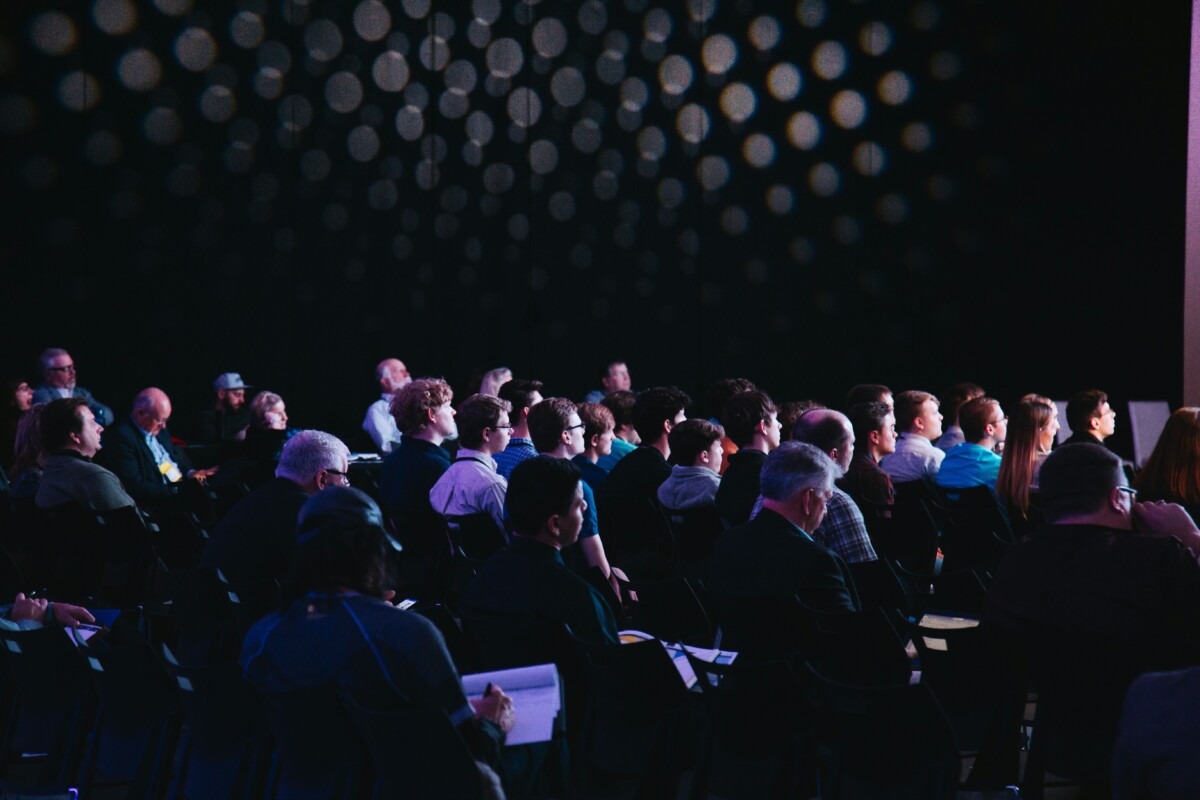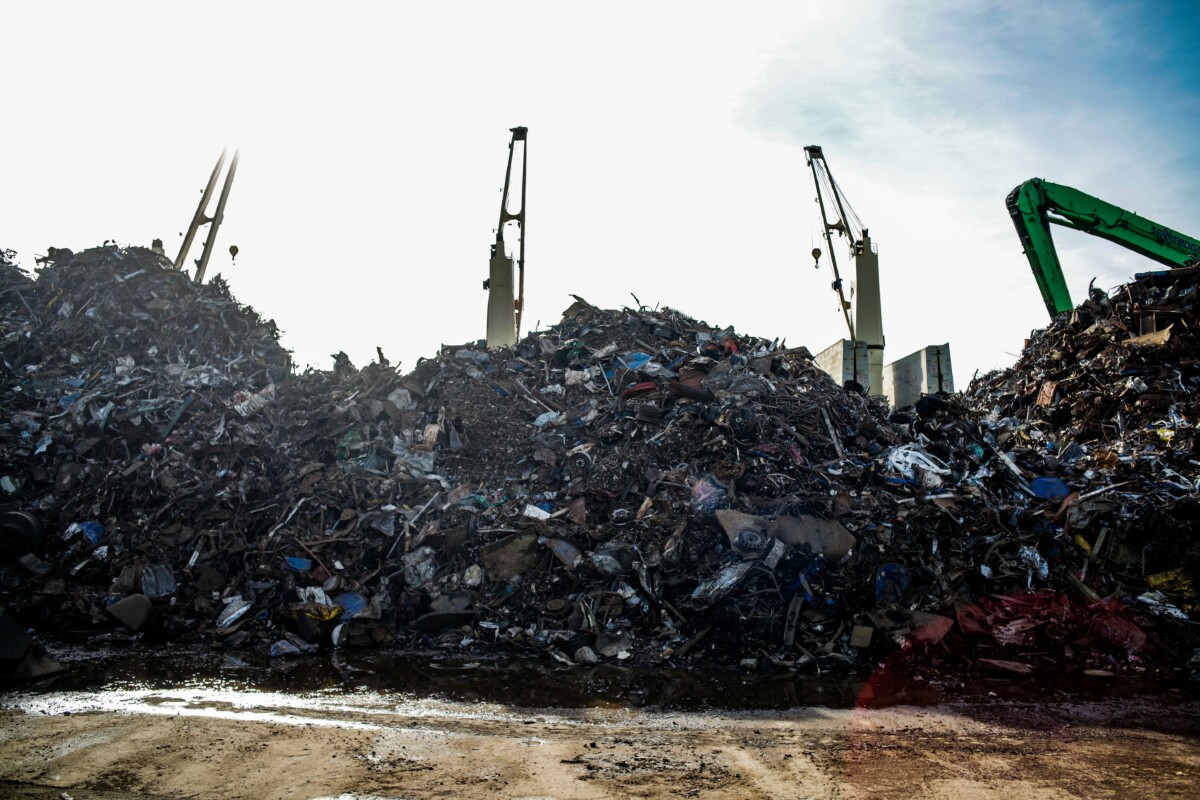Can We Fix the Internet by Rethinking Where We Advertise?
Listen to the full podcast episode on YouTube, Spotify, and Apple Podcasts.
📰 The Hidden Cost of “Safe” Advertising
For brands eager to protect their reputations, the use of automated blocklists—software that prevents ads from appearing next to controversial or “unsafe” content—can seem like a no-brainer. But Bryan argues that these tools may be creating bigger problems than they solve.
“Some blocklists are so outdated, they’re still excluding content with the word ‘Paris’—not because of the Olympics, but because of terrorist attacks from nearly a decade ago,” Bryan explains.
The result? Advertisers are inadvertently cutting off funding to high-quality journalism. That’s not just bad for news publishers—it’s bad for society.

🧠 Rewiring Media Thinking: Why Context Still Matters
Bryan’s team at Ozone has long championed the concept of the premium web—a digital space where content is curated, governed by editors, and subject to standards. In contrast to the “long tail” of clickbait and conspiracy blogs, this is the corner of the internet where trustworthy information still thrives.
“Our partners are handpicked. Every publisher we work with has editorial oversight and audience-first values,” says Bryan.
He believes this environment should be exempt from the blanket-style brand safety tools that treat all content the same. “If we don’t fix this,” he warns, “the flywheel breaks: less ad money means lower investment in journalism, less engagement, and a further drop in trust.”
📉 What’s at Stake if We Get This Wrong?
Without intervention, Bryan fears we may drift toward a two-tiered system: those who can afford quality news will pay for it; everyone else will get filtered narratives, algorithmic junk, or nothing at all.
“Everyone should have access to information that helps them make better decisions. Not just those who can pay,” he says. “We’re at risk of losing that.”
It’s not just a philosophical stance—it’s a commercial reality. Publishers need funding to survive. And brands benefit when consumers are reading content in engaged, credible environments.
📈 Responsible Advertising ≠ Lower ROI
Many advertisers avoid placing ads next to “hard news” content for fear of reputational damage. But research, including a study of over 70,000 participants by Stagwell (an Ozone partner), has shown that consumers are smarter than that.
“People can separate the news from the ad. Just because your ad is near a Trump tariff story doesn’t mean they associate you with that policy,” Bryan says.
In fact, when placed well, ads in trusted environments often perform better. Bryan references upcoming research with Bountiful Cow that will demonstrate how ads placed without brand safety restrictions performed just as effectively—if not more so.

🪄 The Bull** Barometer
Bryan’s magic wand moment? A reality check on corporate values.
“I’d love to invent a kind of BS Barometer—something that shows whether a company really lives its purpose, or whether it’s just jumping on a trend.”
He believes you can spot the difference in the hard choices: “If a brand sticks with its values when times get tough, that’s when you know it’s real.”
🧭 Final Thoughts: Finding the Ethical Edge in AdTech
For Bryan, the future of responsible marketing is a balancing act—doing what works and doing what’s right. Ozone is proving that you don’t have to sacrifice ethics to meet business goals. In fact, Bryan believes aligning values with performance is the key to long-term success.
“It’s not about guilt-tripping advertisers. It’s about showing them the results, and giving them a reason to feel good about it too.”
Discover The Mark of Editorial Integrity
👉 Learn how truMRK helps organisations strengthen the credibility of their sustainability reports.
Want to be a guest on our show?
Contact Us.
The Responsible Edge Podcast
Queensgate House
48 Queen Street
Exeter
Devon
EX4 3SR
Recognition.
Subscribe Now.
Subscribe below to receive a monthly email featuring all new episodes of The Responsible Edge Podcast.
© 2025. The Responsible Edge Podcast. All rights reserved.
The Responsible Edge Podcast® is a registered trademark of truMRK Ltd.
Created by truMRK
© 2025. The Responsible Edge Podcast










